I just might go out and find bottle myself! Grumpy
Month: January 2023
To everyone bitching about Texas Roadhouse allowing that dog who was deployed twice, to eat a steak in the restaurant on Veterans Day, I’d rather sit next to him than rowdy, bratty kids all day long. I can guarantee that dog is cleaner and more quiet. He isn’t up being allowed to run around like he (and his parents) were raised in a barn!
Petmatchmaker Rescue South supports Texas Roadhouse, Veterans and all Military Working Dogs.

David Niven was an esteemed English actor and novelist. During the course of his long and storied acting career, Niven played a leading man, a world explorer, the villain in a Pink Panther movie, a soldier, a sailor, an action hero, and even James Bond in the first Casino Royale. He won the Oscar for Best Actor in 1958 for his role as Major Pollock in Separate Tables.

Today’s crop of actors is, with few exceptions, a bunch of vapid amoral losers. Their standard of accomplishment is running about naked and flying on private jets to A-lister conferences while telling the rest of us what we should be sacrificing to battle climate change. By contrast, David Niven was a real-live warrior.

Born March 1, 1910, at Belgrave mansions, Grosvenor Gardens, London, Niven came from a long line of British soldiers. His father LT William Niven was killed in Turkey during the Gallipoli Campaign serving with the Berkshire Yeomanry in 1915. His maternal grandfather, CPT William Degacher, was killed in 1879 at the Battle of Isandlwana during the Zulu Wars. His great grandfather was LTG James Webber Smith CB.

Two years after the death of his father, Niven’s mother remarried, this time to a prominent British Conservative politician. At age six, young David was remanded to boarding school. His experience there was rocky, predominantly the result of his proclivity toward pranks.

At age 18, Niven impregnated a fifteen-year-old socialite named Margaret Whigham while she was on holiday. Given the puritanical mores of the day this held the potential for great scandal. The young woman’s family arranged for an abortion, but she revered Niven until his death. Whigham was among the VIP guests at his memorial service in London after he died.
Finding Himself

David Niven was educated at the Royal Military College at Sandhurst, graduating in 1930 as a Second Lieutenant in the British Army. This experience was said to be foundational to his developing the refined unflappable bearing that held him in good stead on the stage and screen. However, the peacetime Army did little to hold Niven’s attention.

LT Niven once ditched a lecture on machinegun tactics delivered by a British Major General in favor of a social engagement with a young woman. Niven was subsequently arrested for insubordination but killed a bottle of whisky with Rhoddy Rose, the officer tasked with guarding him. Rose later went on to become a decorated Colonel in the British Army. With Rose’s assistance, Niven escaped out a window and caught a ship for America, resigning his commission via telegram once underway. Upon his arrival in the United States he tried and failed to make a living first selling whisky and then as a rodeo promoter.

After stints in both Mexico and the Caribbean, Niven eventually made his way to Hollywood, securing a role as an extra in such films as Barbary Coast and Mutiny on the Bounty. His designation as an extra was, “Anglo-Saxon Type No. 2,008.” More serious roles followed until, by the late 1930’s, he had become an A-lister leading man. Niven and Errol Flynn shared a house for a time. By 1939 David Niven was on top of his game, having earned top billing for big budget Hollywood productions. Then Hitler invaded Western Europe, and Niven gave it all up to return to England and rejoin the British Army. At the time, David Niven was the only British movie star working in America to do so.
The Humble Warrior

I watched a couple of interviews with David Niven on YouTube in preparation for this project. Despite his refined, almost haughty British demeanor, you cannot help but be struck by the man’s humility when he was elaborating on his military experience. Once during an interview with Dick Cavett he was asked to relate the most perilous experience he had while serving in World War 2. He prefaced his answer that many other men had done much greater things than had he and that he was likely the most terrified man in Europe during the war. However, cutting through the fluff, David Niven was the real freaking deal.

After being recommissioned as a Lieutenant, Niven was assigned to the motor training battalion of the Prince Consort’s Own Rifle Brigade. The British have some of the most adorable unit designations. Dissatisfied with the pace of that assignment, he volunteered for the Commandos. Niven trained at Inverailort House in the Western Highlands, eventually coming to command “A” Squadron of the General Headquarters Liaison Regiment.

The British Commandos during World War 2 were an elite light infantry unit specializing in small unit operations. A modern counterpart might be the US Army Rangers. Their training was notoriously grueling, and they were relied upon to execute the toughest missions, often with minimal support. Commando training and operational experience laid the foundation for much of the world’s modern Special Operations capabilities.

Niven was an acting Lieutenant Colonel by the time he landed on the continent several days after D-Day. He served with a unit called “Phantom” that was tasked with covertly locating and reporting enemy positions in the chaos following Operation Overlord. One of the few war stories that he was willing to relate publicly concerned his being shelled while attempting to cross a bridge between the American 1st and British 2d Armies.
LTC Niven Earns the Iron Cross

LTC Niven was crossing a bridge just as the Germans began dropping artillery on it. He dove out of his jeep and into a nearby foxhole with heavy German artillery fire impacting all around. Amidst the unfettered chaos of the moment he looked up to see John McClain, an old friend and drama critic, hunkered down the next foxhole over.

The Germans obliterated the bridge, but Niven and McClain emerged unscathed. McClain was uniformed as a Lieutenant in the US Navy. After a happy reunion McClain produced a sack filled with German Iron Crosses. The German forces at Cherbourg were cut off and surrounded. Their commander, Generalleutnant von Schlieben, had requested a sackful of Iron Crosses be air dropped into the salient to be distributed to his men in an effort at shoring up their morale. The Luftwaffe attempted to drop the sack from a fighter plane but inadvertently deposited it in McClain’s hole.

These men were in show business, after all, and were ever on the lookout for an opportunity at levity. Niven’s friend formally presented him with a German Iron Cross for bravery right there in their foxhole. Niven said that he affixed the decoration to his shirt underneath his combat jacket and wore it for the rest of the war.

Though Niven was tight-lipped concerning the details of his wartime service, it was undeniably extensive. He was evacuated as part of the British Expeditionary Force at Dunkirk. When once he was preparing his men for an assault he attempted to allay their jitters with,”Look, you chaps only have to do this once. But I’ll have to do it all over again in Hollywood with Errol Flynn!”

During the Battle of the Bulge, Niven was challenged by a nervous American sentry jumpy over stories of Otto Skorzeny’s commandos infiltrating Allied lines in American uniforms. The trigger-happy American asked him who had won the World Series in 1943. Niven responded with, “Haven’t the foggiest idea, but I did co-star with Ginger Rogers in Bachelor Mother.” The sentry let him pass.

Many Hollywood actors had actively avoided combat. When pressed about his wartime service, Niven said this, “Anyone who says a bullet sings past, hums past, flies, pings, or whines past, has never heard one – they go crack!”

Niven ended the war a Lieutenant Colonel and returned to Hollywood. Among his several decorations was the American Legion of Merit. Like most combat veterans of that era, Niven seemed ready to put the war behind him and move on with his life.
The Rest of the Story

Soon after his return to Hollywood, the Niven family was enjoying an evening as guests of Tyrone Power. While playing Sardines, a lights-out version of hide and seek with the accumulated kids, Niven’s wife Primmie took a tumble down some stairs, fractured her skull, and was tragically killed. The distraught man immersed himself in his work to compensate. Prominent roles alongside the likes of Cary Grant, Ginger Rogers, and Shirley Temple followed.

David Niven’s career waxed and waned as is often the custom for movie stars. He played on Broadway opposite Gloria Swanson in Nina as a respite from movies. His fortunes lagged for a time until he was cast as Phileas Fogg in the smash 1956 hit Around the World in 80 Days. Around the World took home Best Picture that year.

David Niven holds the distinction of being the only person ever to win a Best Actor award at a ceremony he was hosting. Appearing on-screen for only 23 minutes in Separate Tables, his performance was also the briefest ever to be afforded this honor. Niven’s Oscar proved to be the key that opened all the doors in Hollywood.

Niven shined in movies like The Guns of Navarone, Death on the Nile, Rough Cut, and Seawolves. While hosting the 46th Academy Awards ceremony in 1974, Niven was interrupted when a naked man went streaking past in the background. Streaking was considered quite the popular pastime in the early 1970’s. His classic off-the-cuff response was, “Isn’t it fascinating to think that probably the only laugh that man will ever get in his life is by stripping off and showing his shortcomings?” David Niven was ever the refined English gentleman.

This quote lends insight to this remarkable man’s worldview, “I will, however, tell you just one thing about the war, my first story and my last. I was asked by some American friends to search out the grave of their son near Bastogne. I found it where they told me I would, but it was among 27,000 others, and I told myself that here, Niven, were 27,000 reasons why you should keep your mouth shut after the war.” What a stud.

David Niven died in 1983 at the age of 73 from complications of Lou Gehrig’s disease. The archetypal English gentleman on the silver screen, Niven was also quite the British patriot when it counted.
All ready to go!
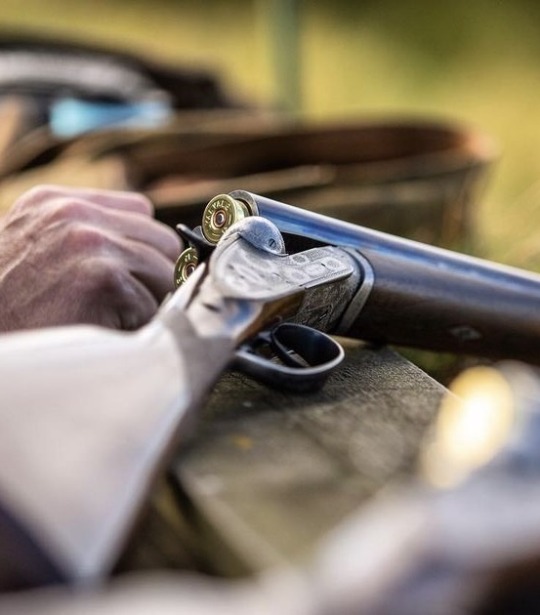

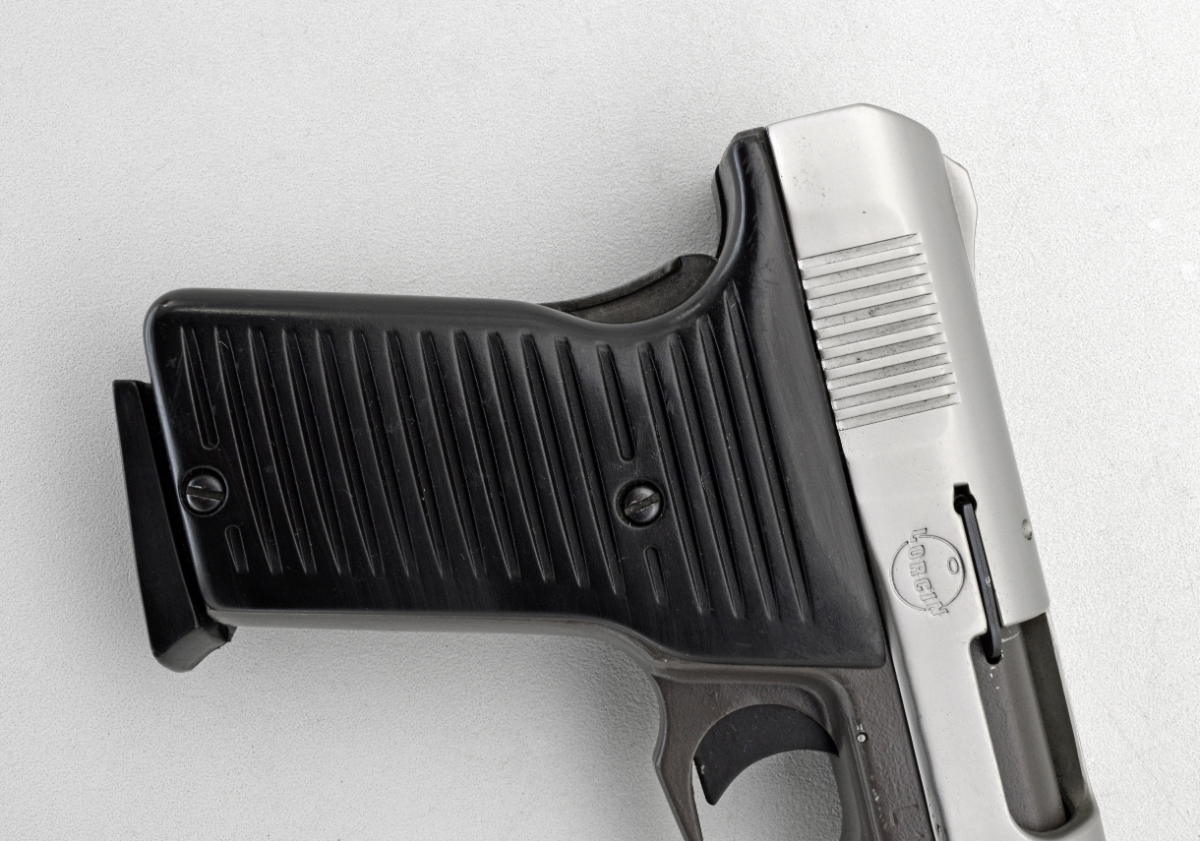

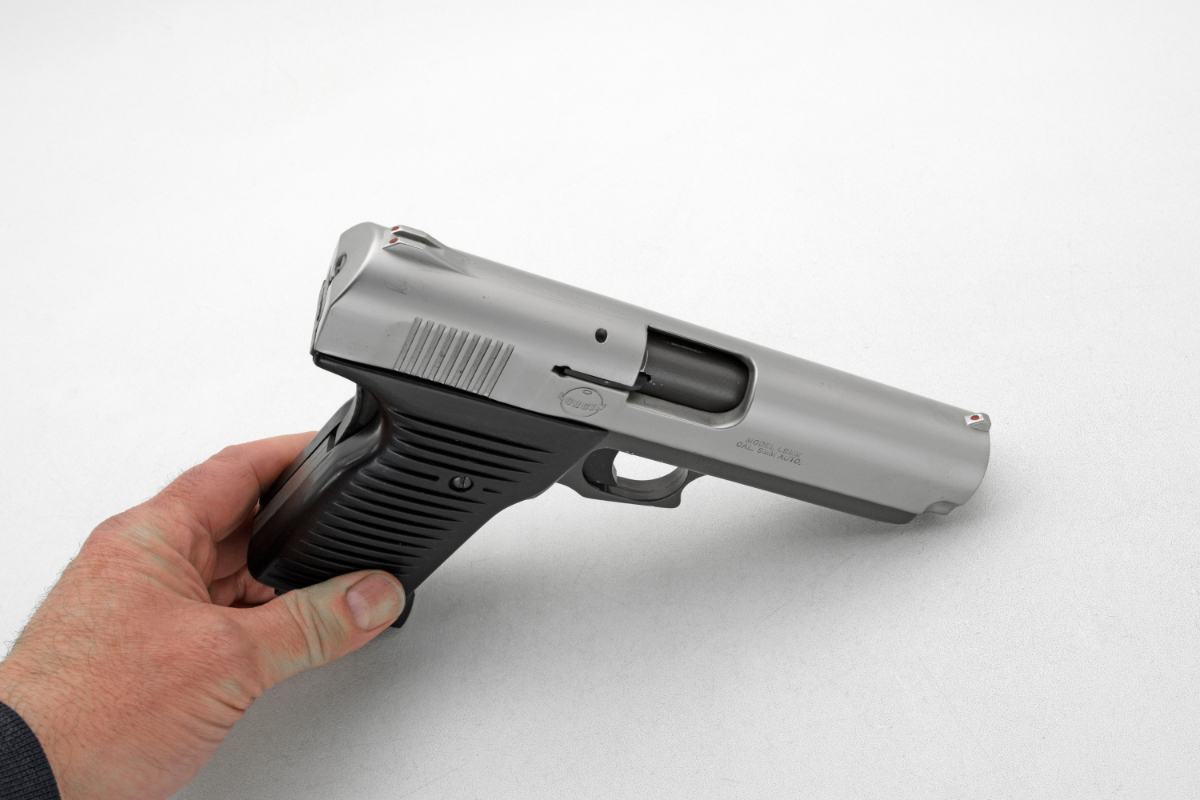
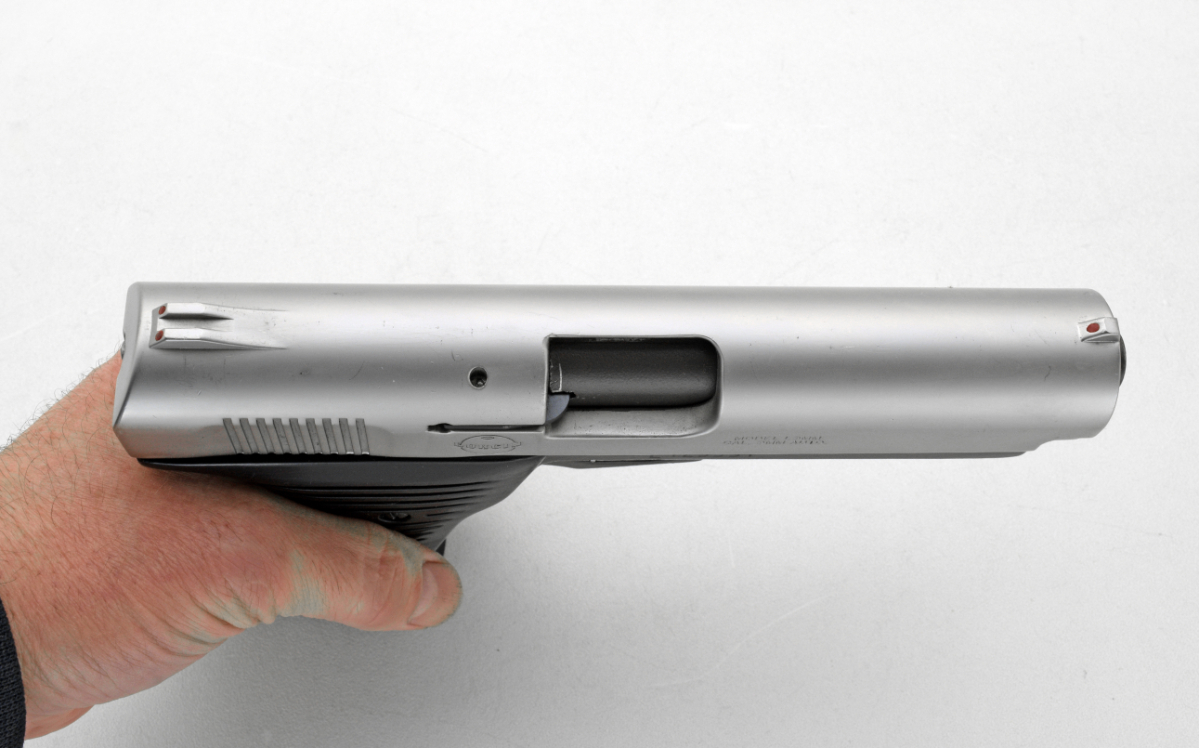
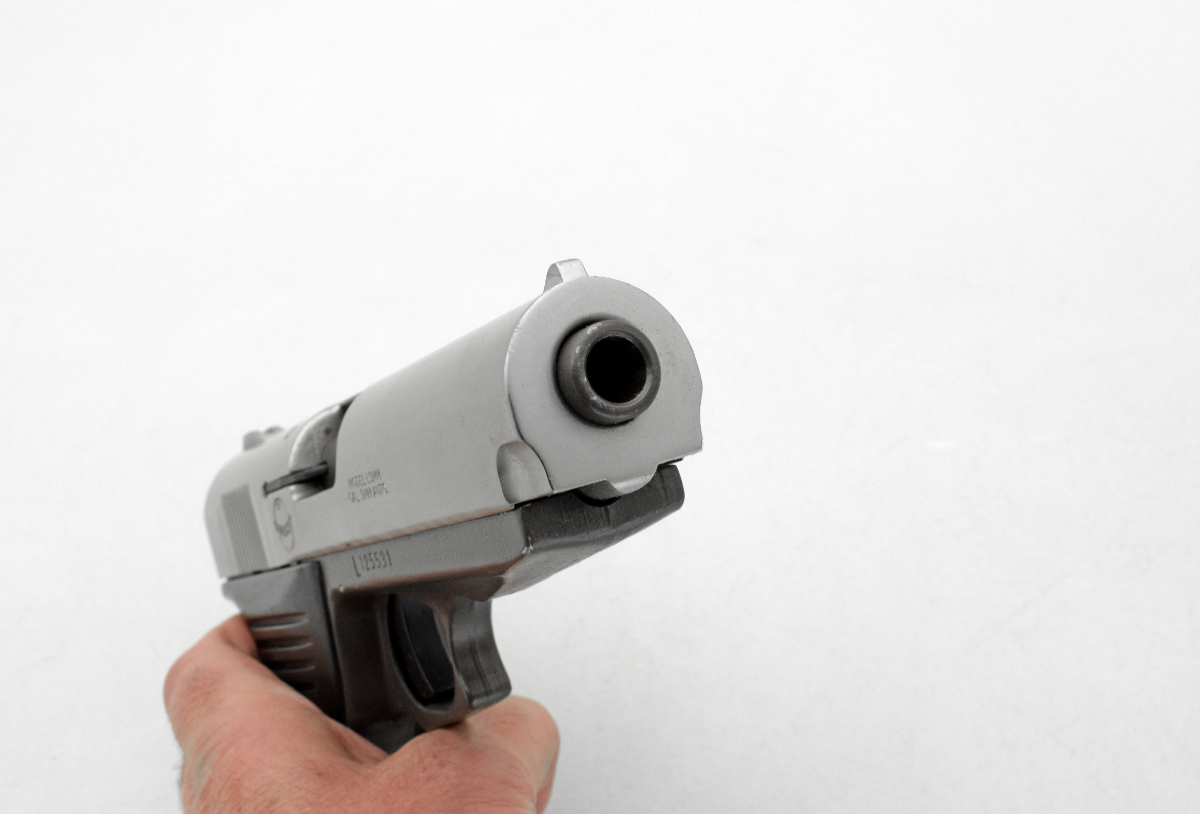
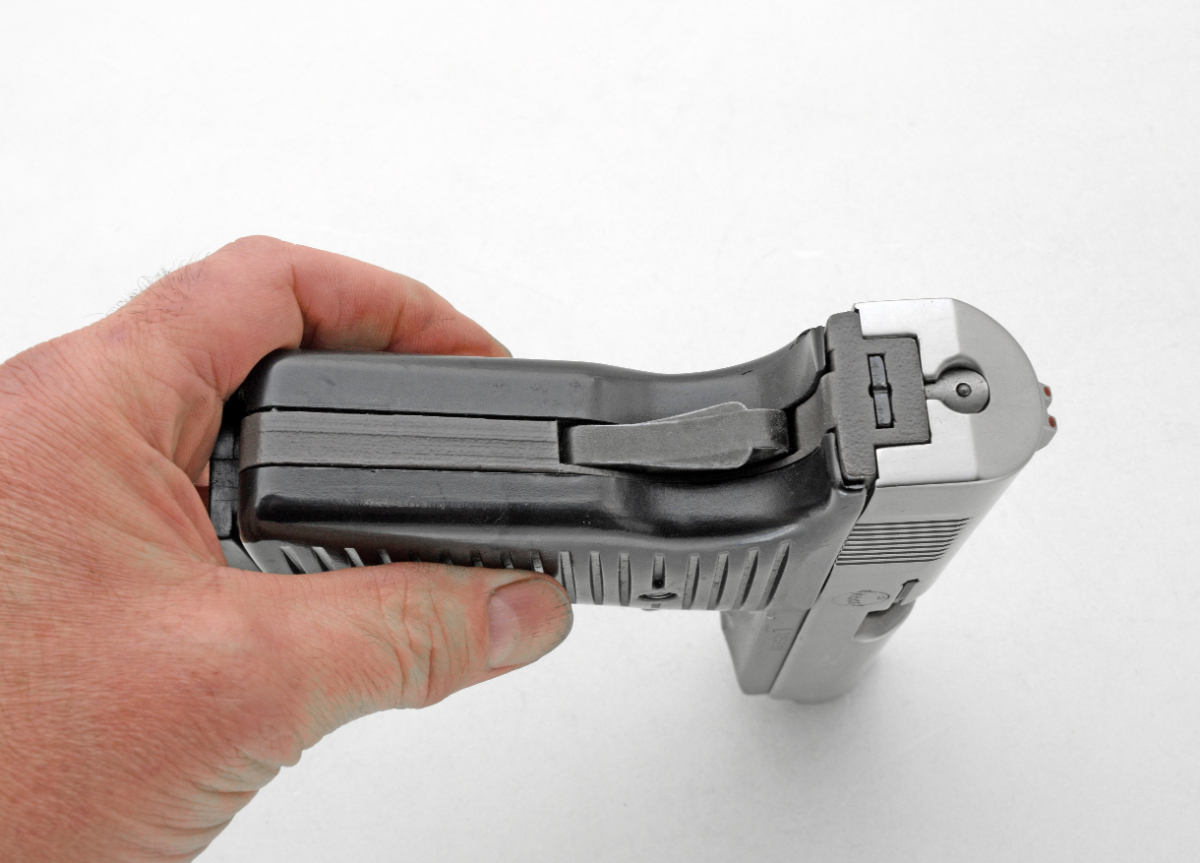
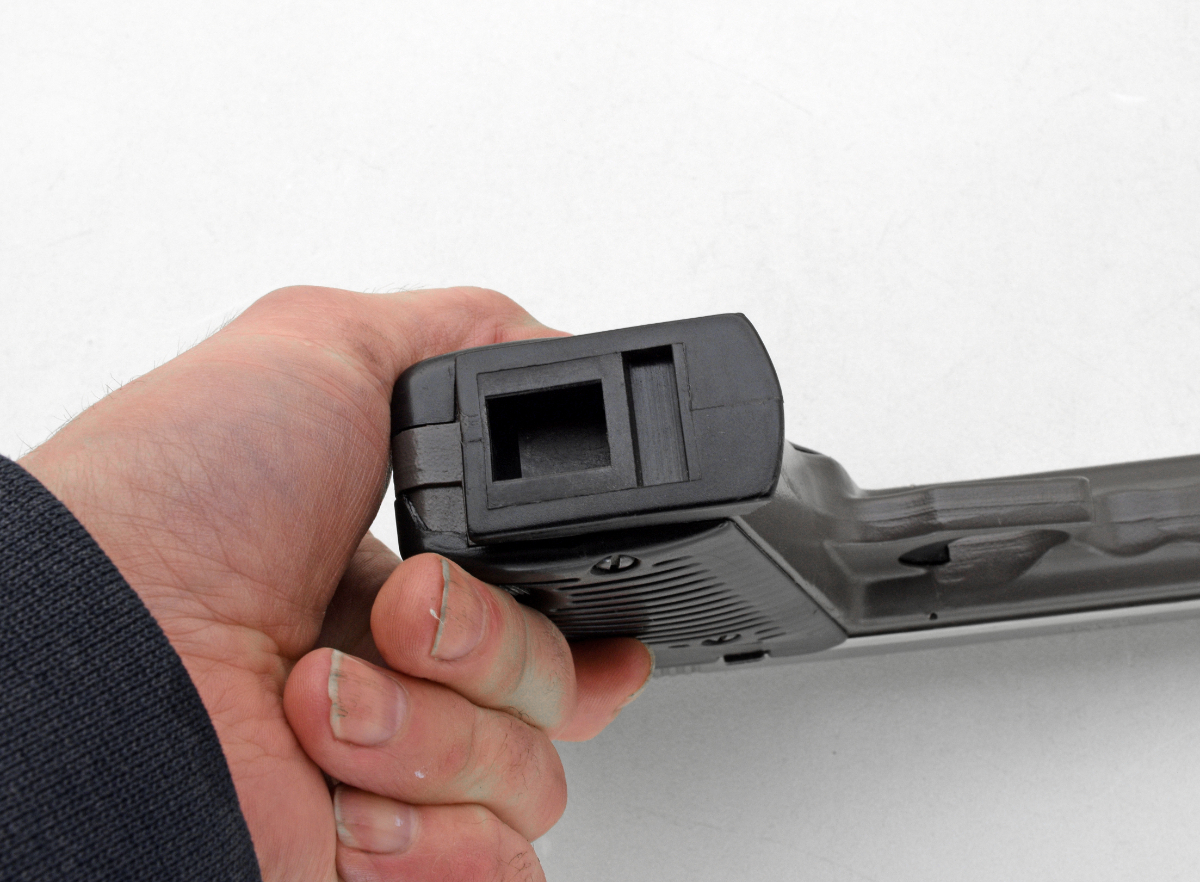

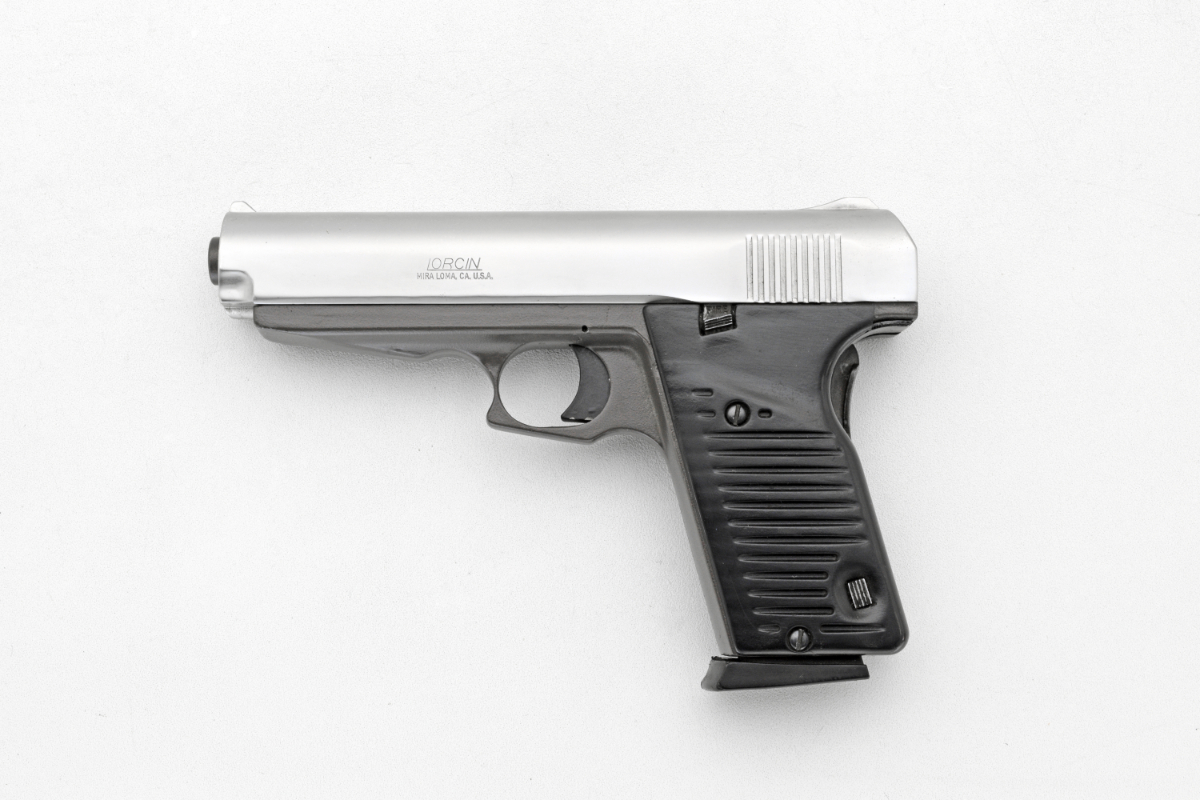
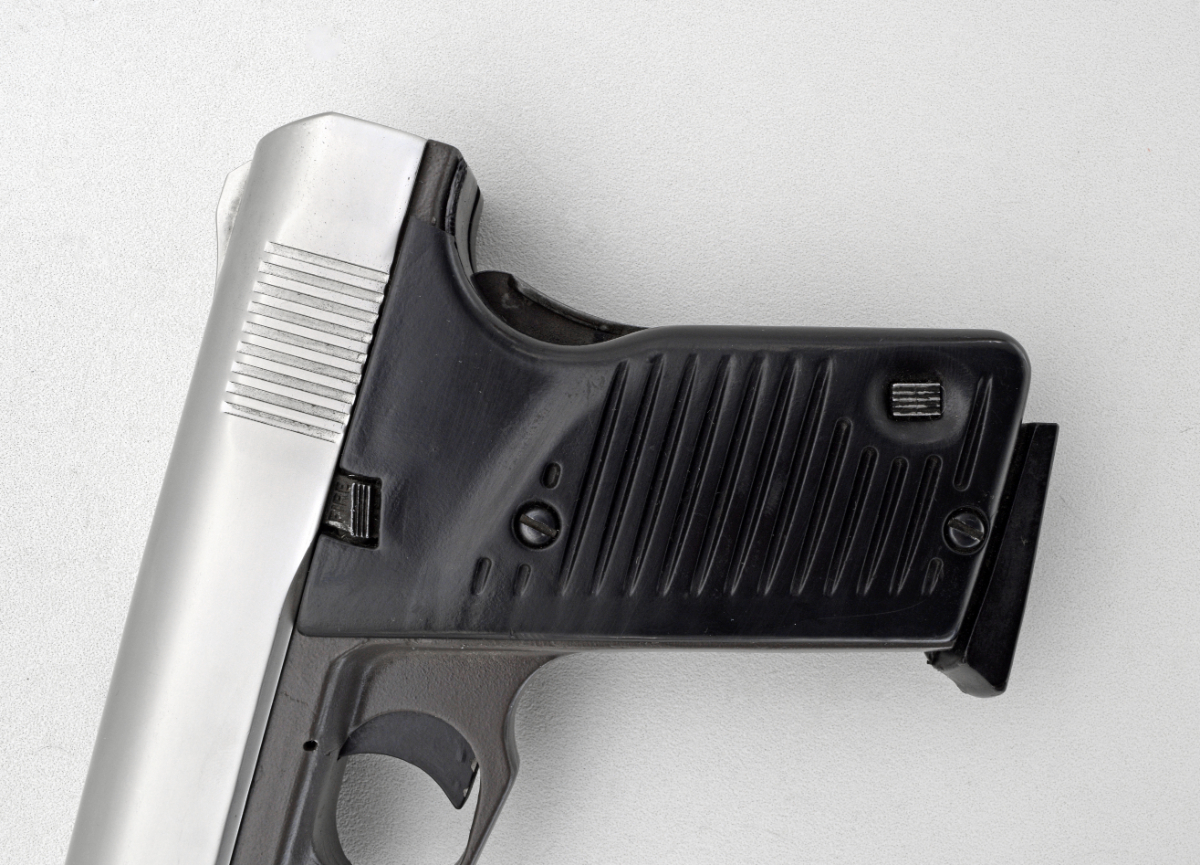

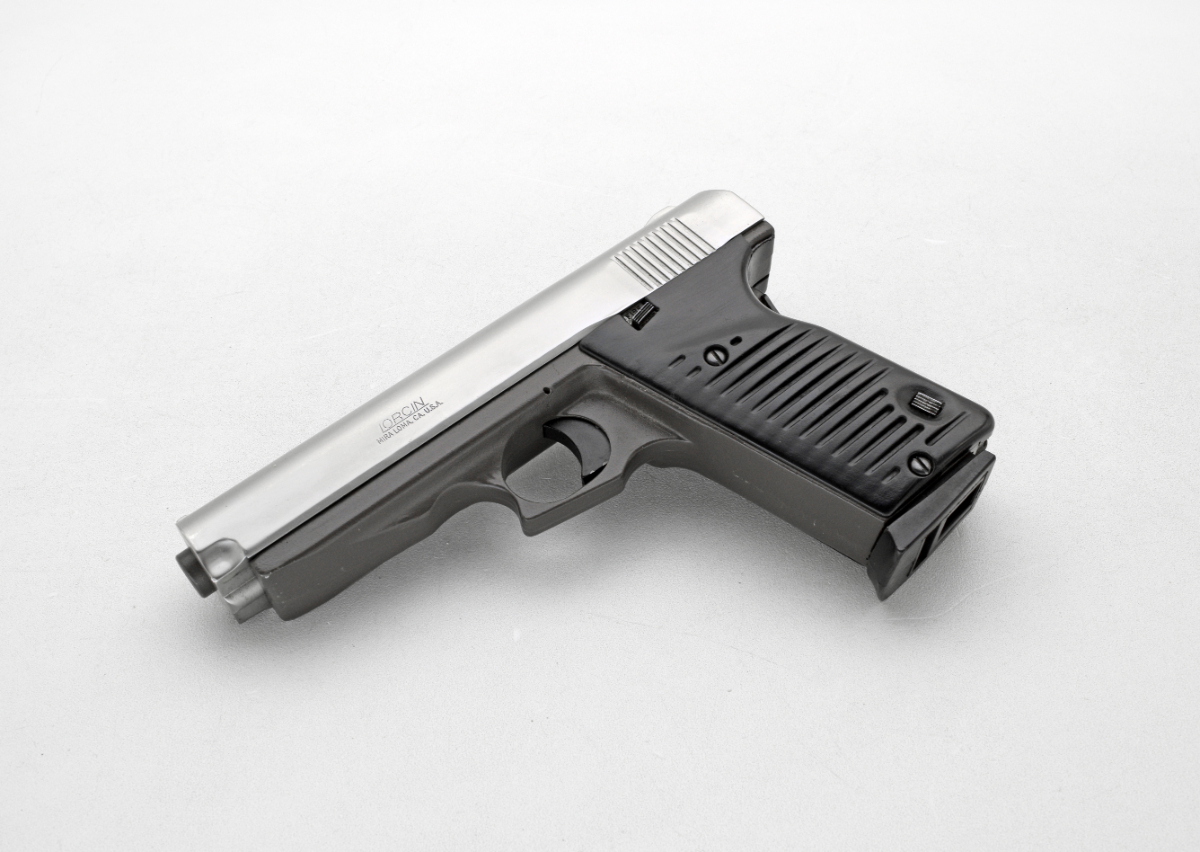
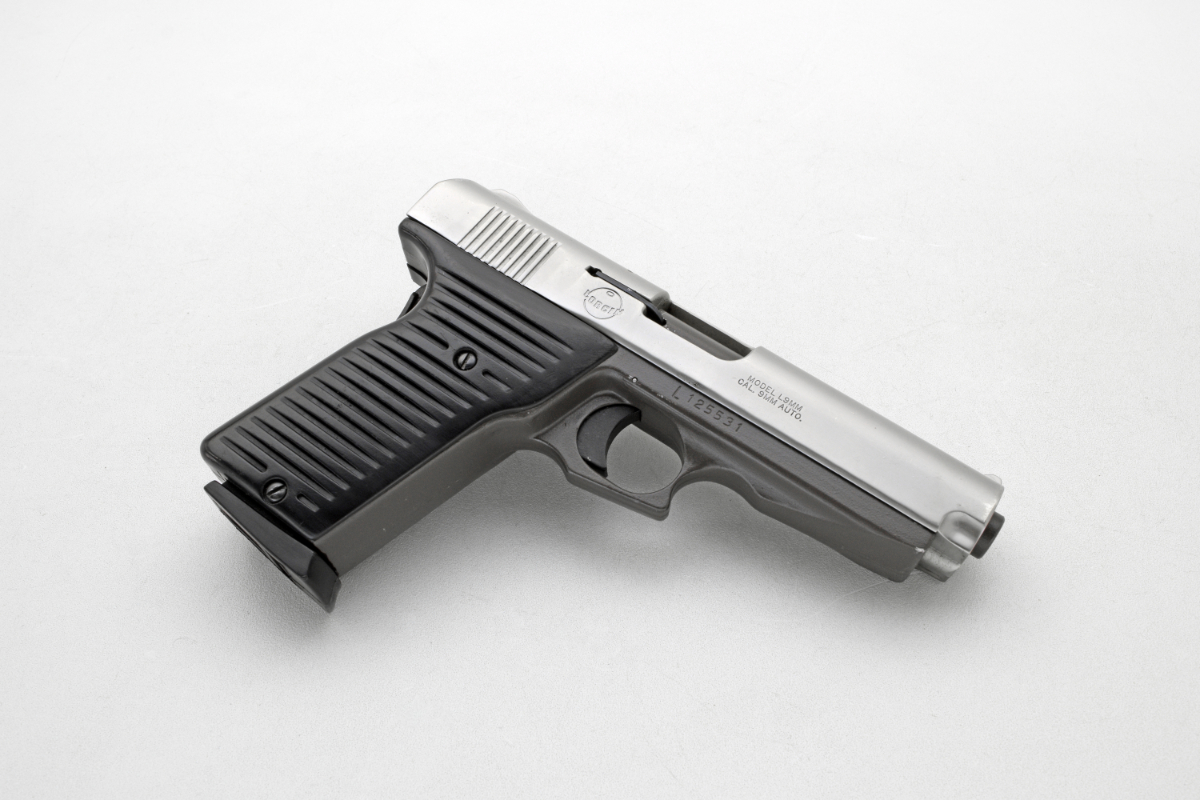
HONOLULU (HawaiiNewsNow) – Honolulu’s police chief has signed the city’s first license to carry a concealed firearm on Oahu.
The Honolulu Police Department announced the significant development Wednesday.
Rules for concealed carry permits were changed following a Supreme Court ruling that broadened gun rights.
HPD said there are 56 applications (for 40 applicants) pending review.
The process includes a proficiency requirement as well as criminal and mental background checks.
Logan has said that anyone who gets a permit must actually conceal the gun. and not have it openly visible.
Meanwhile, the mayor has proposed a rule to ban concealed firearms in schools, city buildings, public parks and city buses.
Several high-profile mass shootings and a sustained rise in gun violence across the United States in 2022 have spurred law enforcement officials and lawmakers to push for more gun control measures.
President Joe Biden in June signed into law the first major gun safety legislation passed in decades. The measure failed to ban any weapons, but it includes funding for school safety and state crisis intervention programs. Many states — including California, Delaware and New York — have also passed new laws to help curb gun violence, such as regulating untraceable ghost guns and strengthening background check systems.
The year 2022 is the second-highest year of mass shootings in the United States on record, according to data compiled by the Gun Violence Archive, a non-profit tracking gun violence incidents across the country.
There have been at least 647 mass shootings through December 31 this year. The country saw 692 mass shootings in 2021, the worst year on record since the Gun Violence Archive began tracking mass shootings in 2014.
The Gun Violence Archive, like CNN, defines a mass shooting as one in which at least four people are shot, excluding the shooter.
There is a direct correlation in states with weaker gun laws and higher rates of gun deaths, including homicides, suicides and accidental killings, according to a January study published by Everytown for Gun Safety, a non-profit focused on gun violence prevention.
Not everyone agrees increased gun control is the answer. Some Americans advocate for their right to keep and bear arms, enshrined in the Constitution, while others argue gun control measures save lives and do not infringe citizen rights.
Amid the debate, some lawmakers have forged ahead with passing gun control laws.
“States continue to lead on gun safety, passing new and innovative policies that we will work to replicate across the country while continuing to secure significant investments in community violence intervention programs,” said Shannon Watts, founder of Moms Demand Action, which has been fighting for gun safety measures since the 2012 Sandy Hook Elementary School shooting in Connecticut, which killed 20 children and six educators.
“This progress and our electoral victories in November shows that the gun violence prevention movement is stronger than ever and sets the stage for continued progress in the new year,” Watts continued.
Here is a summary of the state and federal laws approved in 2022:
Federal legislation
On June 25, Biden signed into law the Bipartisan Safer Communities Act after the House and the Senate approved the measure. The package represents the most significant federal legislation to address gun violence since the expired 10-year assault weapons ban of 1994.
“God willing, it’s going to save a lot of lives,” Biden said at the White House as he signed the bill.
The package includes $750 million to help states implement and run crisis intervention programs, which can be used to manage red flag programs, as well as for other crisis intervention programs such as mental health, drug and veteran courts.
Red flag laws, approved by the federal measure, are also known as Extreme Risk Protection Order laws. They allow courts to temporarily seize firearms from anyone believed to be a danger to themselves or others.
The legislation encourages states to include juvenile records in the National Instant Criminal Background Check System, which would provide a more comprehensive background check for people between 18 and 21 who want to buy guns.
It also requires more individuals who sell guns as primary sources of income to register as Federally Licensed Firearm Dealers, which are required to administer background checks before they sell a gun to someone.
The law bars guns from anyone convicted of a domestic violence crime who has a “continuing serious relationship of a romantic or intimate nature.” The law, however, allows those convicted of misdemeanor domestic violence crimes to restore their gun rights after five years if they haven’t committed other crimes.
California
California was ranked the top state in the nation for gun safety in 2021. It has the strongest system in the nation for removing firearms from people who become prohibited from having them, according to the Giffords Law Center to Prevent Gun Violence.
California Gov. Gavin Newsom in July signed a package of five bills on gun safety after they were passed by the California State Senate.
On July 1, Newsom signed AB 2571, which prohibits the gun industry from marketing firearm-related products to minors, as well as AB 1621, which further restricts ghost guns, including the parts used to build them.
On July 12, the governor signed AB 1594, legislation establishing a firearm industry standard of conduct to promote “safe and responsible firearm industry member practices,” the bill states.
Also included in the package is AB 2156, signed on July 21, which cracks down on the manufacture of firearms by prohibiting any person, regardless of federal licensure, from manufacturing firearms without a state license. It also prohibits unlicensed individuals from using 3D printing to manufacture any firearm or precursor part.
The last bill, signed on July 22, is SB 1327. It allows private citizens to bring civil action against anyone who manufactures, distributes, transports or imports assault weapons or ghost guns, which are banned in the state.
Colorado
Colorado Gov. Jared Polis signed House Bill 22-1086, or The Vote Without Fear Act, on March 30.
The law prohibits a person from openly carrying a firearm within any polling location or central count facility.
It also bans individuals from open carrying within “100 feet of a ballot drop box or any building in which a polling location or central count facility is located,” while election activity is in progress, according to the legislation. Violations are punishable by a maximum $1,000 fine, up to 364 days imprisonment in the county jail, or both.
Delaware
Delaware Gov. John Carney on June 30 signed a package of gun safety bills including legislation to prohibit assault weapons, regulate high-capacity magazines and strengthen background checks.
The Delaware Lethal Firearms Safety Act of 2022 prohibits the manufacture, sale, offer to sell, transfer, purchase, receipt, possession or transport of assault weapons in Delaware, subject to certain exceptions, according to HB 450.
The package also includes legislation to raise the minimum age requirement to purchase or possess a firearm from 18 to 21, ban the use of devices which convert handguns into fully automatic weapons and hold gun manufacturers and dealers “liable for reckless or negligent actions that lead to gun violence,” the bill states.
Illinois
Illinois Gov. JB Pritzker signed two bills to address secure storage of firearms and regulating ghost guns.
On May 18, the governor signed HB 4383, which prohibits individuals from selling or possessing ghost guns and ensures all firearms are serialized, allowing law enforcement to better trace them.
Pritzker later signed HB4729 on June 10, which requires the Department of Public Health to develop and implement a two-year public awareness campaign focused on safe gun storage, which includes sharing information about safe gun storage, the bill says.
Maryland
Maryland Gov. Larry Hogan announced on April 8 he would allow Senate Bill 387, which bans the sale or possession of ghost guns, to become law without his signature, noting it doesn’t go far enough in taking “decisive action to hold violent criminals accountable.”
The bill, which took effect on June 1 after bipartisan support, expands the definition of “firearm” to include an unfinished frame or receiver. It requires the Secretary of State Police to maintain a system to register firearms imprinted with serial numbers and “prohibits a person from purchasing, receiving, selling, offering to sell, or transferring an ‘unfinished frame or receiver’ or a firearm unless imprinted with specified information,” the bill states.
The law also requires the governor to allocate $150,000 in the annual state budget to fund registration proceedings.
New Jersey
New Jersey Gov. Phil Murphy on July 5 signed seven gun safety bills, six of which were part of his Gun Safety 3.0 package he introduced to the state legislature in April 2021.
The package includes legislation which would allow the state’s attorney general to sue members of the firearm industry for violations stemming from the sale or marketing of firearms, the bill states.
Also included in the package is legislation to regulate the sale of handgun ammunition, developing a system of electronic reporting of these sales; and require training prior to the issuance of a gun purchaser identification card with a validity date of 10 years.
Another bill in the package mandates firearm owners who become state residents to obtain a Firearm Purchaser Identification Card and register out-of-state acquired handguns, according to the bill.
On December 22, Murphy signed another gun safety bill strengthening the state’s firearm licensing laws and established a list of ‘sensitive places’ where concealed carry is prohibited, including playgrounds, bars and restaurants serving alcohol, train stations, and polling places.
New York
Gov. Kathy Hochul signed a package of bills and an additional piece of legislation to address a wide range of gun safety issues.
Hochul signed a gun safety package on June 6, which includes bills requiring microstamping on handguns, strengthen the state’s extreme risk and firearm purchase permit law, raise the minimum age to purchase semi-automatic rifles to 21 and enhance information sharing between state, local and federal agencies when guns are used in crimes.
Following the Supreme Court decision on June 23 to strike down a New York gun law enacted more than a century ago which places restrictions on carrying a concealed handgun outside the home, Hochul signed legislation to strengthen the state’s gun laws and bolster restrictions on concealed carry weapons.
The law, which takes effect on September 1, will expand eligibility requirements in the concealed carry permitting process, restrict the carrying of concealed weapons in sensitive locations and establish state oversight over background checks for guns and regular checks on license holders for criminal convictions, according to the legislation.
Oregon
In the November 2022 US midterm elections, Oregon voters enacted a gun safety ballot measure, Measure 114, which strengthens background checks and prohibits the sale and transfer of ammunition magazines holding more than 10 rounds.
The measure also closes the “Charleston Loophole,” which allows gun purchases to move forward by default after three days even if a background check has not been completed. It requires state police to complete background checks on individuals before a gun sale or transfer is made.
Rhode Island
Rhode Island Gov. Daniel McKee signed three gun safety bills on June 21. They prohibit high-capacity magazines, ban the open carry of rifles and shotguns in public and raise the legal age to purchase firearms or ammunition from 18 to 21, with exceptions for law enforcement officers.
One of the bills also changes the definition of “rifle” and “shotgun” consistent with federal law.
Vermont
Vermont Gov. Phil Scott signed into law a package on March 25 banning firearms from hospital buildings and prohibits the transfer of firearms between unlicensed people.
The governor vetoed a similar bill, S.30, in February which would have closed the “Charleston Loophole.”
The new law, S.4, addresses the policy by extending the time period to seven days for the federal government to complete a background check before an individual can purchase a firearm. It also strengthens protections for victims of domestic violence, according to the bill.
Washington
Washington Gov. Jay Inslee signed three gun safety bills into law on March 23.
HB 1705 prohibits the manufacture, sale, purchase or possession of ghost guns, while HB 1630 prohibits the open carry of firearms at local government meetings and restricts them at school board meetings and election-related locations.
The third bill, SB 5078, prohibits high-capacity magazines, defined as an “ammunition feeding device with the capacity to accept more than 17 rounds of ammunition,” the bill states.
Someday!
